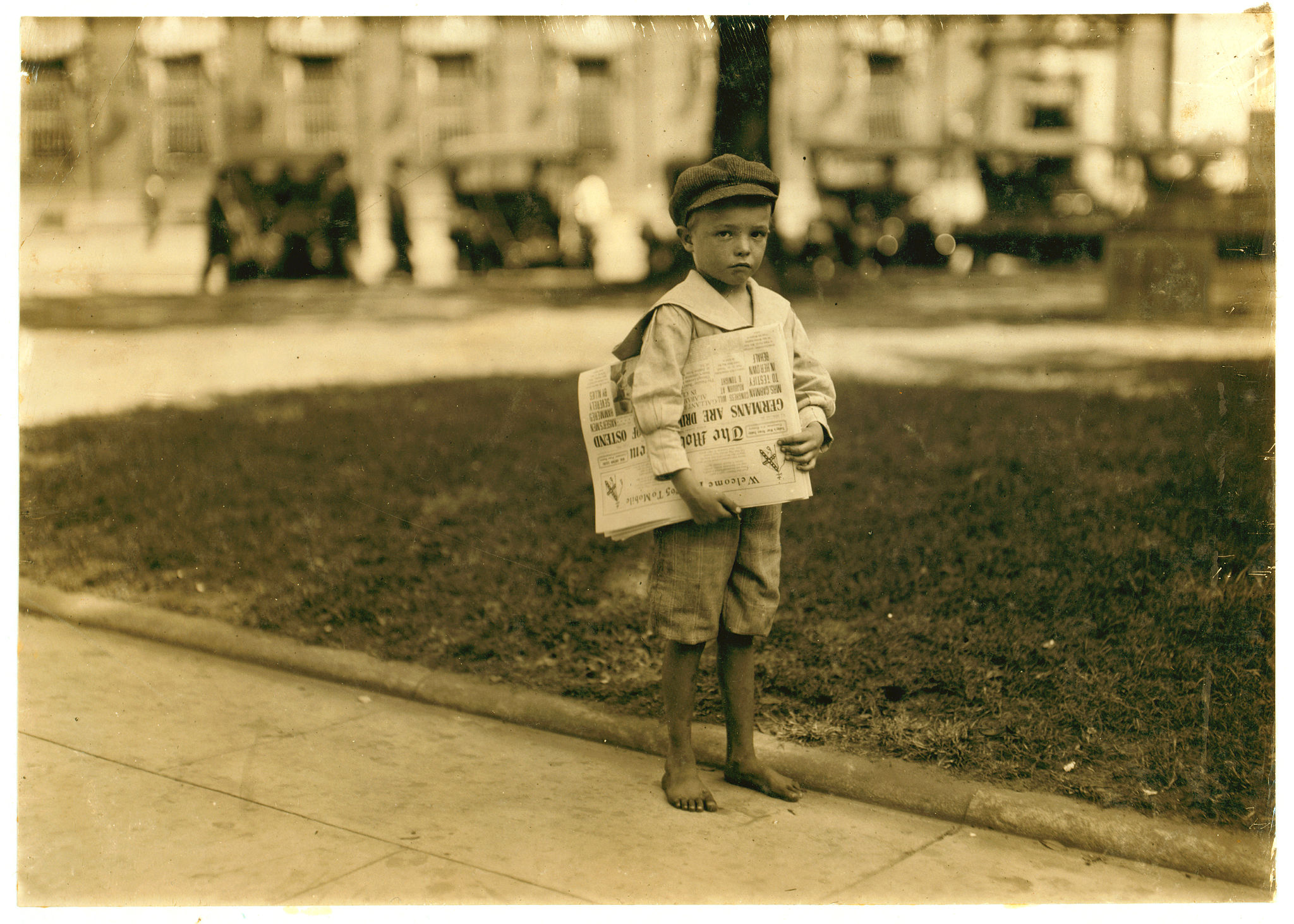Let’s say your great-grandfather made a great living selling expensive fountain pens.
The man made a fortune because that’s all people had to write with in the 1920s. He enjoyed his monopoly for years. Then along came a guy named Laszlo Biro with a better idea: a pen with a tiny ball in its tip that was free to turn in a socket.
The ballpoint pen was cheap, simple to use and less messy. Predictably, it began to eat holes in your great-grandfather’s business. He had to lay off workers. Quality control went out the window. He still made money but not nearly enough to suit his lifestyle. Then he got this great idea: He’d ask the government to bail him out in the interest of freedom of expression.
What do you think his chances might have been?
Right. I thought not.
But that seems to be what most Canadian newspapers seem to be asking for today: a government handout — or at least substantial tax credits to help them stave off this thing they didn’t see coming at them at 200 kilometres an hour: The Internet.
The House of Commons Heritage Committee, chaired by Liberal MP Hedy Fry, has so far held 15 meetings and heard from 88 witnesses on the declining state of the news media. It will ultimately publish a report for the government to consider.
One delegation last week, a coalition representing 146 newspapers in Quebec including Montreal’s Le Devoir, wants Ottawa to abolish the sales tax on newspapers. It also wants Quebec to set up a five-year temporary financial assistance program for newspapers which includes a refundable tax credit covering 40 per cent of the production costs including journalist salaries and 50 per cent of their investments in digital platforms.
“We’re stuck between a rock and hard place because we need to secure our future and the future will be digital, but we lack the oxygen or the funding to fully implement our digital strategy,” said Brian Myles, director of Le Devoir.
The coalition says newspaper revenue is declining, in part because advertising spending has flowed toward social media platforms like Facebook and Google. An earlier witness pointed in particular to the plunge in newspaper advertising spending by the federal government. Bob Cox, chair of Newspapers Canada, an industry organization representing 850 daily and weekly newspapers, said Ottawa spent $20 million in newspaper ads a decade ago but only $357,000 in fiscal 2014-15. It spent $13.9 million on the Internet, most of it going to U.S. firms like Google.
“Why is the federal government spending millions of dollars in Silicon Valley instead of supporting Canadian media?” he asked when he testified last May.
Newspapers Canada was joined by Quebec publisher Claude Gagnon, president of Groupe Capitales Medias, in asking for changes to the federal copyright laws to protect the unlawful use of an author’s work. Newspapers invest heavily in creating local content, only to see reporters’ work reproduced without compensation on the Internet.
Publishers also are asking Ottawa to give tax credits for digital enterprises that provide public interest journalism or do digital development related to it. They want tax relief to encourage reinvestment in newspapers, perhaps by suspending income taxes on those companies’ net profit.
Wait. Say that again? Despite all the layoffs of journalists and the crocodile tears about the threat to democracy if newspapers are allowed to wither, newspapers still make profits?
Well, yes they do.
Cox, speaking on behalf of 850 newspapers, admitted that “most individual newspapers make money on an operational basis. They generate revenues greater than their expenses.”
So there we have it. Newspaper managers are swinging a scythe through their newsrooms and contracting out editing and advertising and even phasing out print editions…all so they can keep generating profits? And they want taxpayers to help them out?
I can remember the day when these same publishers fought tooth and nail to keep the government out of their business affairs and newsrooms, and argued strenuously that they operated selflessly, not for profit but in the “public interest.”
I never bought it then and I certainly don’t buy it now.
Newspapers deserve no bailouts. It is up to them to own up to the mistakes they’ve made and build new business models that can survive the post-Internet age.
To his credit, John Honderich, chair of the board of Torstar, which publishes Canada’s largest newspaper, did not ask for government tax credits when he testified at the Heritage Committee last week. But he did wax nostalgic about better days not so long ago when careers advertising brought in $75 million a year and classified ads filled an entire section of each day’s paper. He did refer to “relentless” pressures that have cut the size of his newsroom from 470 journalists to just 170 in 10 years. He did say our very democracy is at stake when the news-gathering capacity of newspapers has been so severely impaired.
What Ottawa should say to him and other publishers is this: You owned that advertising then and you could have done anything you wanted with it, including adapting it to the Internet. But instead, you stuck your heads in the sand and squandered your advantage. You let all that money, which paid for all those reporters, slip away to a more nimble and effective competitor.
It should say to John Honderich: Sir, you earn $275,000 a year and personally own a nest egg of $13 million in equity from your business. Run your frigging business.
And it should say to him that newspapers appear to be still in the fountain pen business. Today, most people write with something else.
Like this article? rabble is reader-supported journalism. Chip in to keep stories like these coming.
Image: Wikimedia Commons



